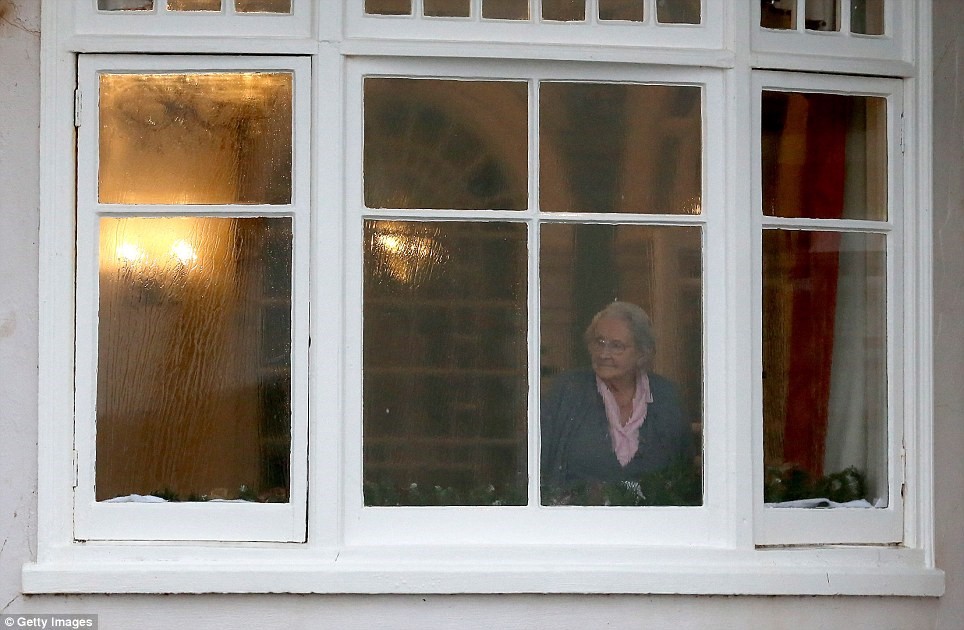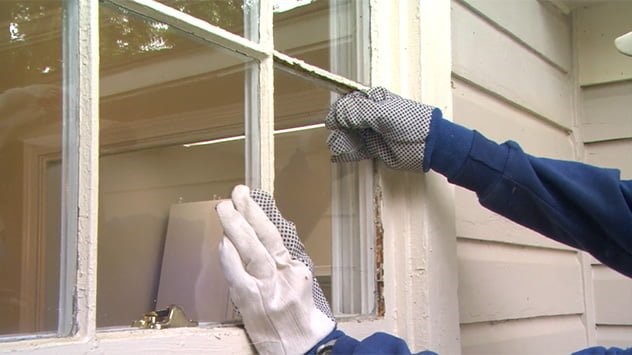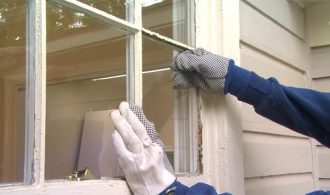Damaged or broken glass not only looks horrible but will greatly reduce the warmth, insulation and security of a property. Broken glass is terrible at insulating and can also draw unwanted attention from potential vandals and thieves. How can you tell whether glass is broken to the point where the window should be replaced or fix?
To help understand why double-glazed windows may crack, it’s helpful to know how they are created. There are two panes of glass which are placed either side of a vacuum or inert gas layer. This makes the barrier either repel or contain heat to keep your property at a stable temperature. As a sealed unit, the pressure is constant in the gap with the air pressure outside of the glass. The period when most breaks occur is during winter where temperatures are very low from outside the glass on one hand while the warmth of central heating is happening on the other side. This difference in temperature can cause problems meaning you need to contact Glass suppliers and glaziers Gillingham.
Here are some further reasons why glass may become damaged:
1) Weather
Windows are a defence against the outside elements. The glass must be resistant to hail, rain, wind, snow, excessive heat and UV rays. Over time, the seasonal changes and rising and falling temperatures will affect the integrity of the glass in the windows. Humidity is a particular problem for damage to the window sash. In the UK we see a lot of rain and high humidity which can cause the glass to finally crack, including the window components. For Glass suppliers and glaziers Gillingham, visit a site like Roman Glass.

2) Physical Effects
Glass is essential in both domestic and commercial buildings to let in natural light and cooling air. Glass today is very tough with high durability, withstanding a reasonable amount of force but it will break if exposed to a hard object travelling with force. The majority of broken glass is caused by people, be it a ball or an act of vandalism done on purpose. In some cases, birds flying into the glass can shatter it.
3) Window Age
As with anything, the passage of time and wear and tear will cause a decline in the condition of the windows. Even taking great care for glass in a mild climate, it will still not last forever. It’s not only the glass but the components of windows that age. Even glass that never experiences an impact or harsh weather can develop cracks over time due to natural contraction and expansion of the structure.

The better the strength of the glass, the less likely it is to experience damage. Thick sheets are more resistant to stress than thin sheets for obvious reasons. When choosing a new window, bear this in mind and opt for a thick pane of glass. Square or round windows have the lowest risk of experiencing cracks or breaks because of the greater flexibility. Shorter panels of glass have little room to flex compared to a larger piece of glass.

